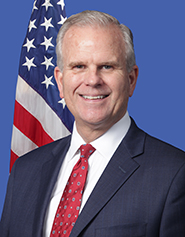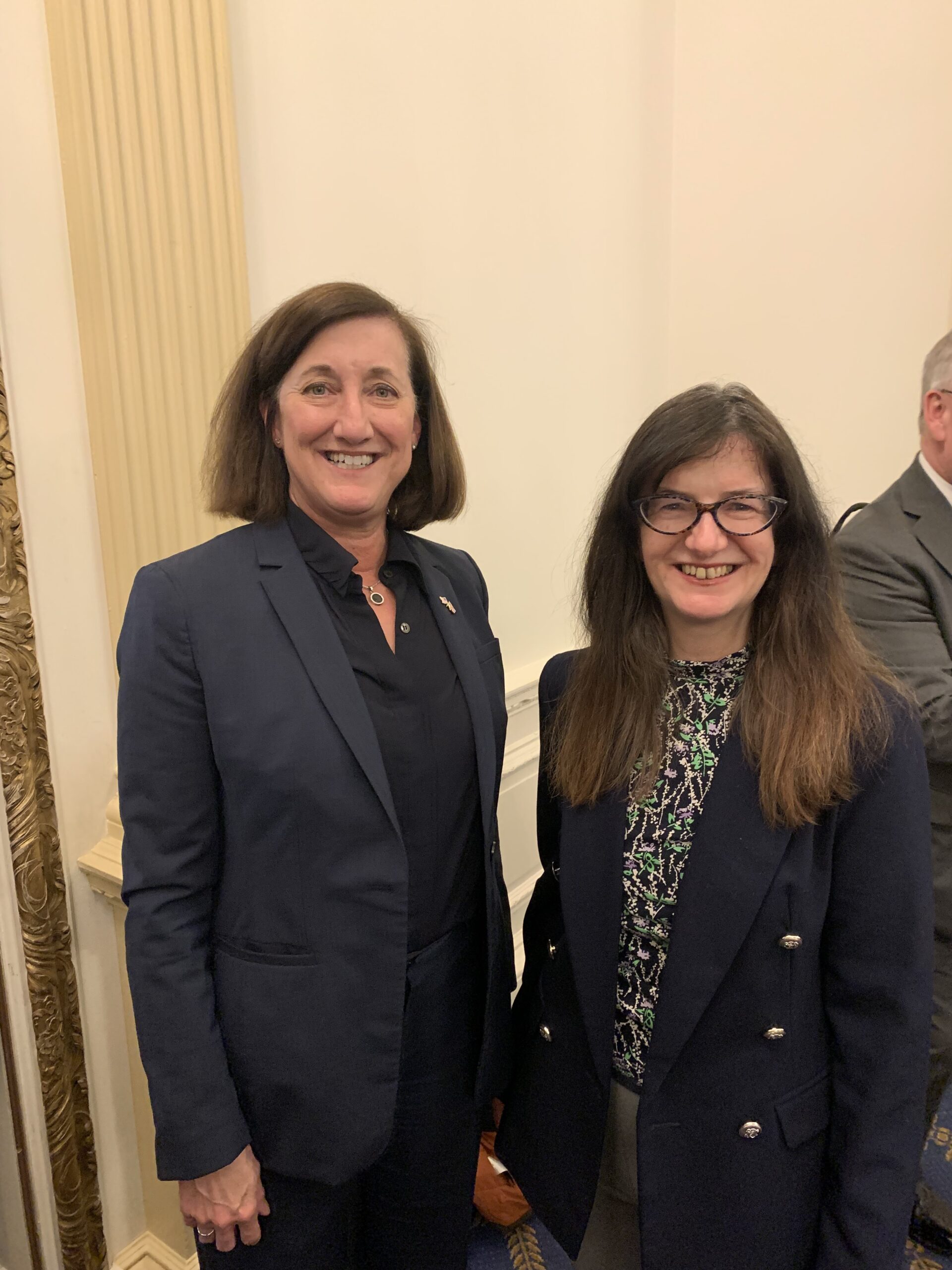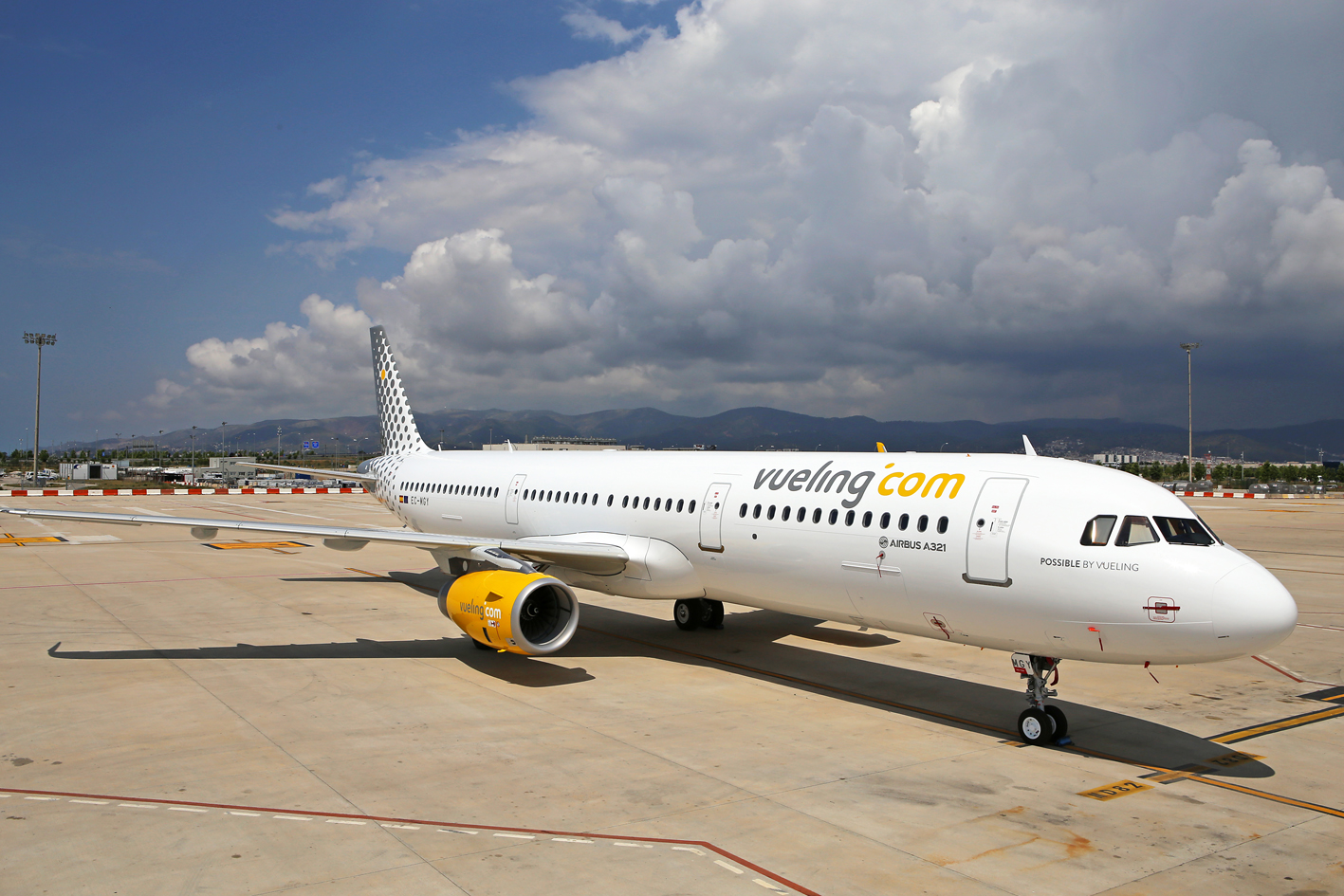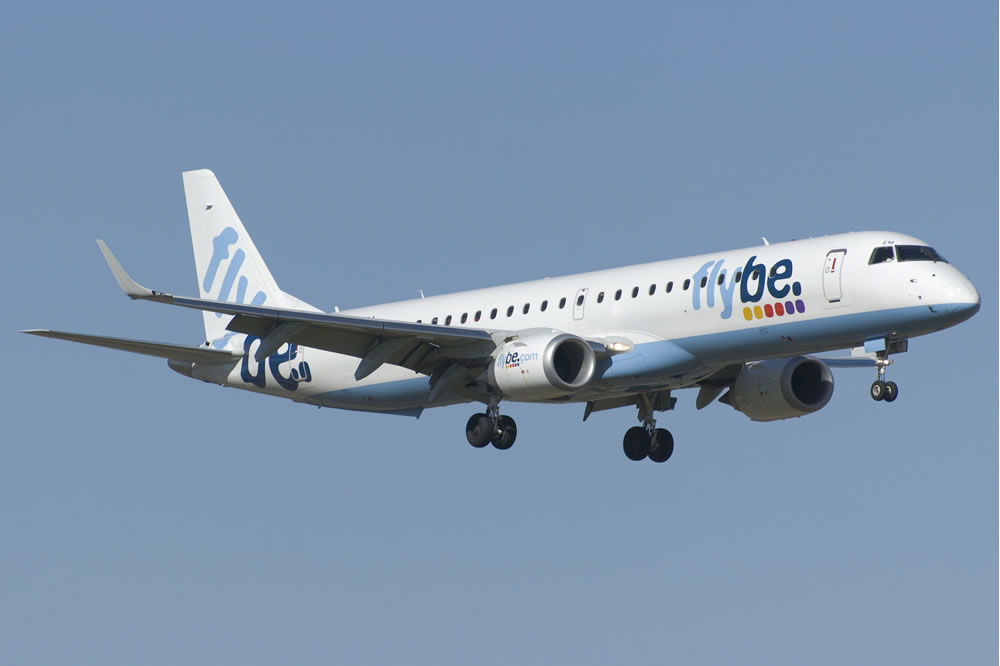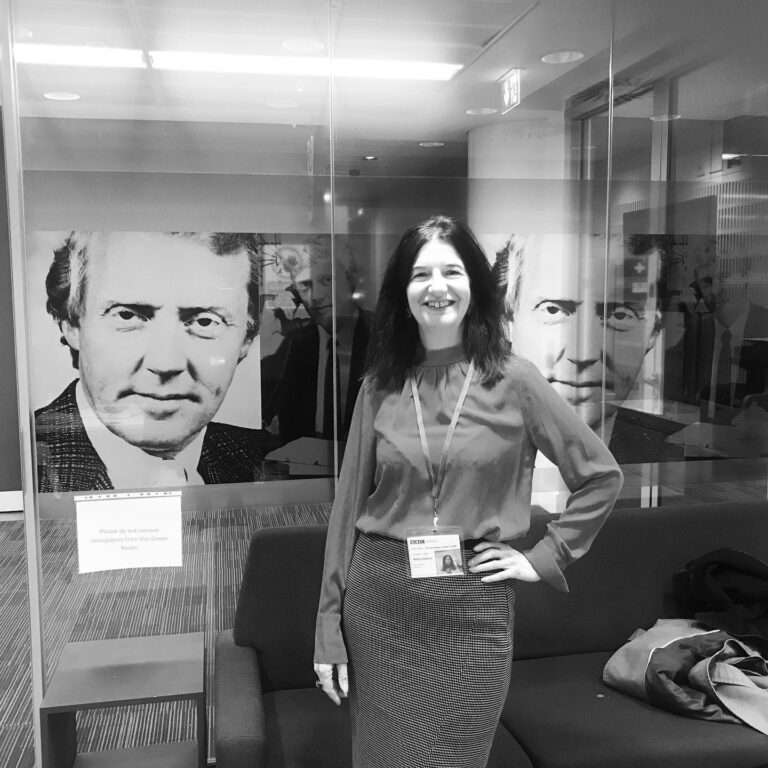The FAA knew after the Lion Air crash last year that MCAS, the flawed software system, purported to be the reason for the downed Ethiopian Airlines and Lion Air crashes, was a problem. And yet it did not act on that knowledge. That was the latest disturbing revelation from the congressional hearing that took place yesterday focussing on Boeing, FAA, and the B737MAX.
Boeing and the FAA seem to have had a co-dependent relationship. Normally one would expect the regulator, i.e. the FAA, to have at least an arm’s length relationship with the country’s foremost airframer. But no, what emerges is a very tangled web. Boeing employees were designated as FAA operators, fulfilling a schizophrenic role as both airframer and regulator at the same time. Boeing employees tasked with safety oversight for the FAA, did not even report back to the FAA, they reported back internally to Boeing. Boeing even had its own ‘safety review board’.
This makes a mockery of the checks and balances system which is the mainstay of the US political, constitutional and regulatory processes.
So what do we know so far?
- FAA acting administrator Daniel Elwell has said his ‘pilot juices started flowing’ when he was briefed after the Lion Air crash that MCAS might have played a role in the disaster. He said his pilot instincts told him that the software should have been more adequately explained in the ops manual and flight manual. So why did he not act at the time?
- FAA’s lack of resources resulted in delegating its safety role to Boeing employees (as ‘authorized representatives’) who then reported to Boeing, not FAA
- House representative Dina Titus said at the hearing ‘you were in bed with those you were supposed to be regulating’
- Boeing has not provided ‘a single document’ to the House aviation subcommittee hearing
- the Department of Justice is investigating and has issued subpoenas to the pilot unions from the major US carriers with B737MAX aircraft in their fleets
- Boeing continues to work on a software fix to MCAS which could be ready in a week or so – FAA will be responsible for certifying and approving the software fix
- FAA is also meeting foreign regulators on May 23 to discuss their concerns
- Elwell of the FAA admits that the 13 months it took Boeing to notify it of the MCAS software problem was too long, and he said ‘we’re going to look into that and fix that’
- House aviation subcommittee chair Rick Larsen said FAA ‘has a credibility problem’
- Elwell maintains that the FAA operates ‘a good system’ in terms of oversight and denied it had ‘conflicts of interest’ with Boeing
The congressional hearings will continue.
